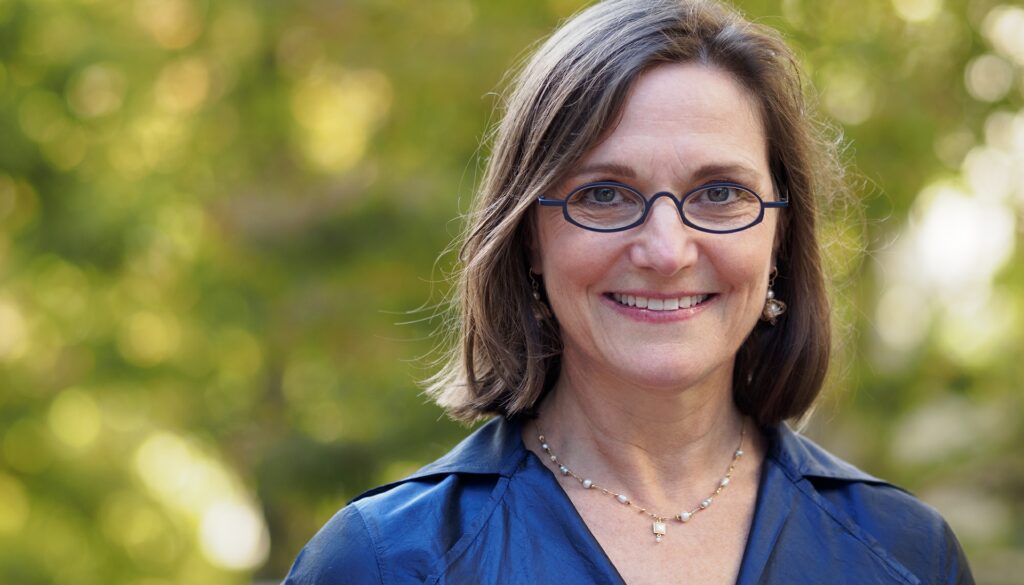At the conclusion of its annual gathering this week, the National Academy of Sciences (NAS) announced the election of 120 new members and 24 new international members, among them UC Berkeley’s Abby Dernburg, professor of molecular and cell biology and a senior scientist at Lawrence Berkeley National Laboratory (Berkeley Lab).

Also elected was Ramamoorthy Ramesh, a professor of materials science and mineral engineering and of physics who recently took a leave of absence to serve as executive vice president for research at Rice University in Houston, Texas.
The NAS, which provides scientific advice to the federal government and other organizations, recognizes scientists each year who have made distinguished and continuing contributions in original research.
Dernburg studies chromosomes as they go through meiosis, the critical stage in sexually- reproducing organisms when germ cells divide and split the chromosomes in half to produce sperm or egg cells. Working primarily with a nematode, Caenorhabditis elegans, she and her lab colleagues use genetics, genomics and high-resolution 4D microscopy to understand how chromosomes find their partners and exchange DNA sequences. Her recent work has illuminated longstanding mysteries, such as how meiotic cells make sure that chromosomes pair up properly and the mechanisms that regulate the patterning of meiotic recombination, which underlies both sexual reproduction and genome evolution.
More recently, her lab has begun to investigate how the topology of DNA — the twists and turns in the double helix that arise due to gene expression and other processes — contributes to meiosis and other aspects of genome regulation.
Ramesh is widely recognized for his contributions to the science and technology of complex functional oxide materials, which are currently used in electrodes, and colossal magnetoresistive oxides.
The new NAS members bring the total number of active members to 2,617 and the total number of international members to 537. International members are nonvoting members of the academy, with citizenship outside the United States.
The NAS is a private, nonprofit institution that was established under a congressional charter signed by President Abraham Lincoln in 1863. It recognizes achievement in science by election to membership and — with the National Academy of Engineering and the National Academy of Medicine — provides science, engineering and health policy advice to the federal government and other organizations.